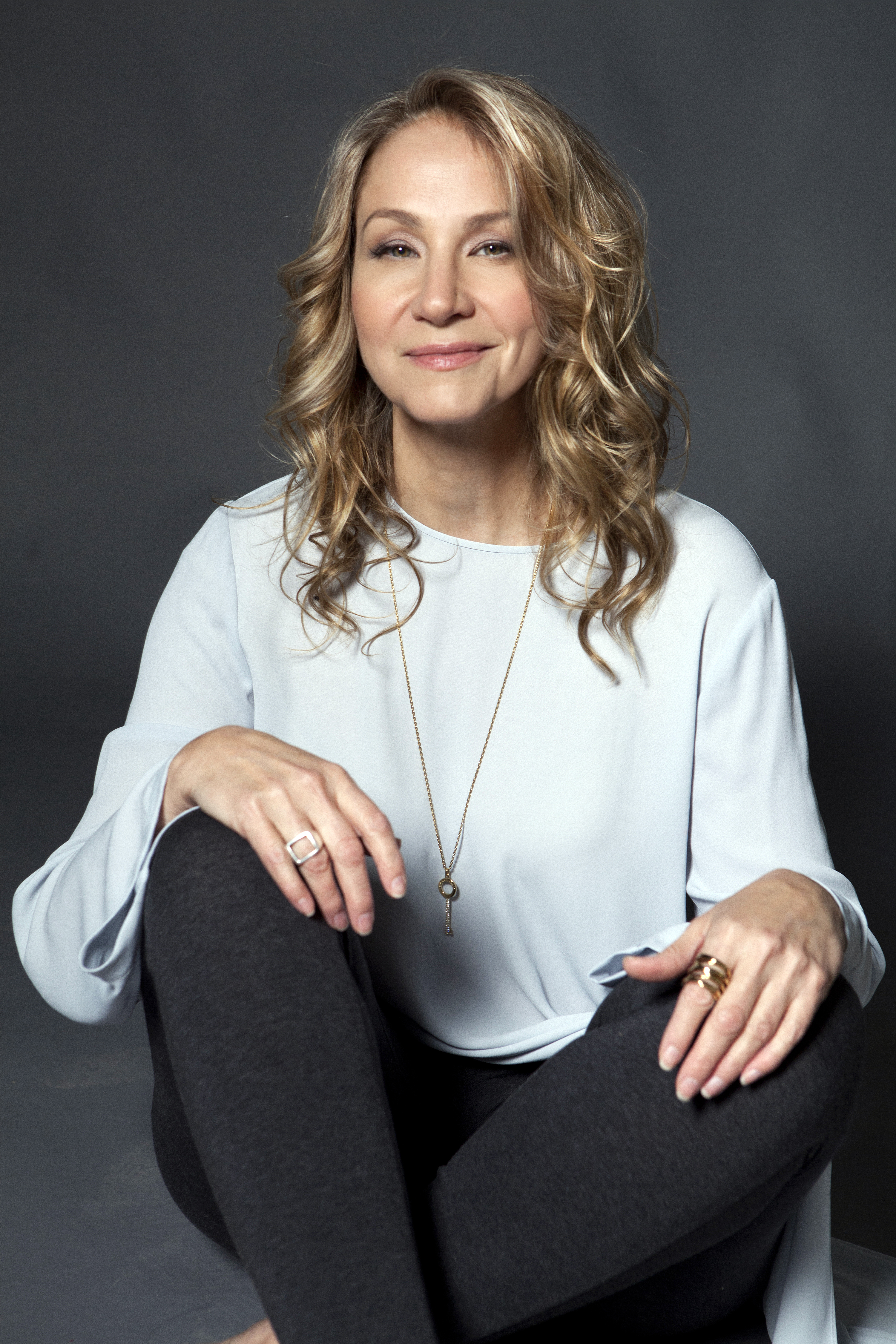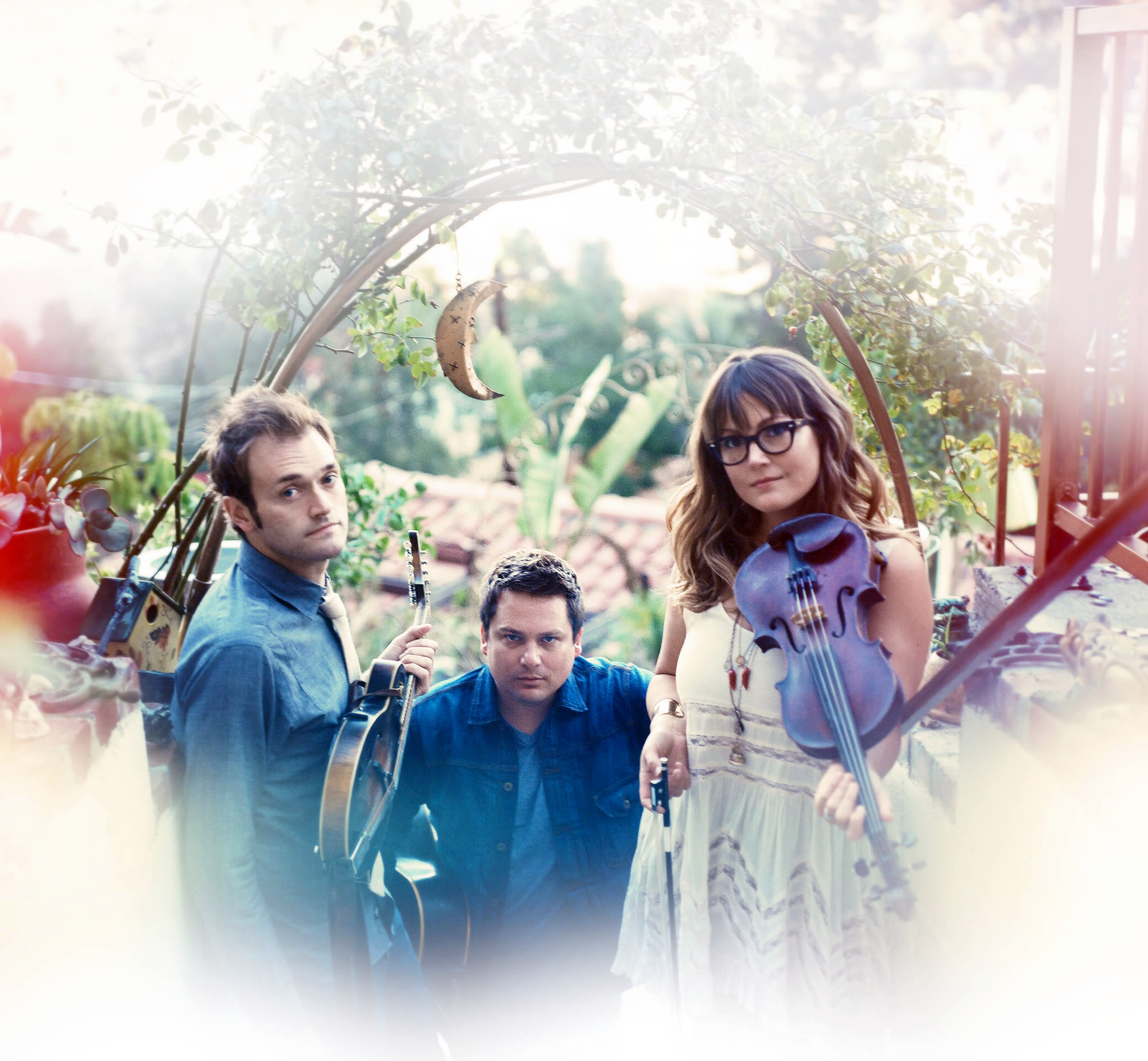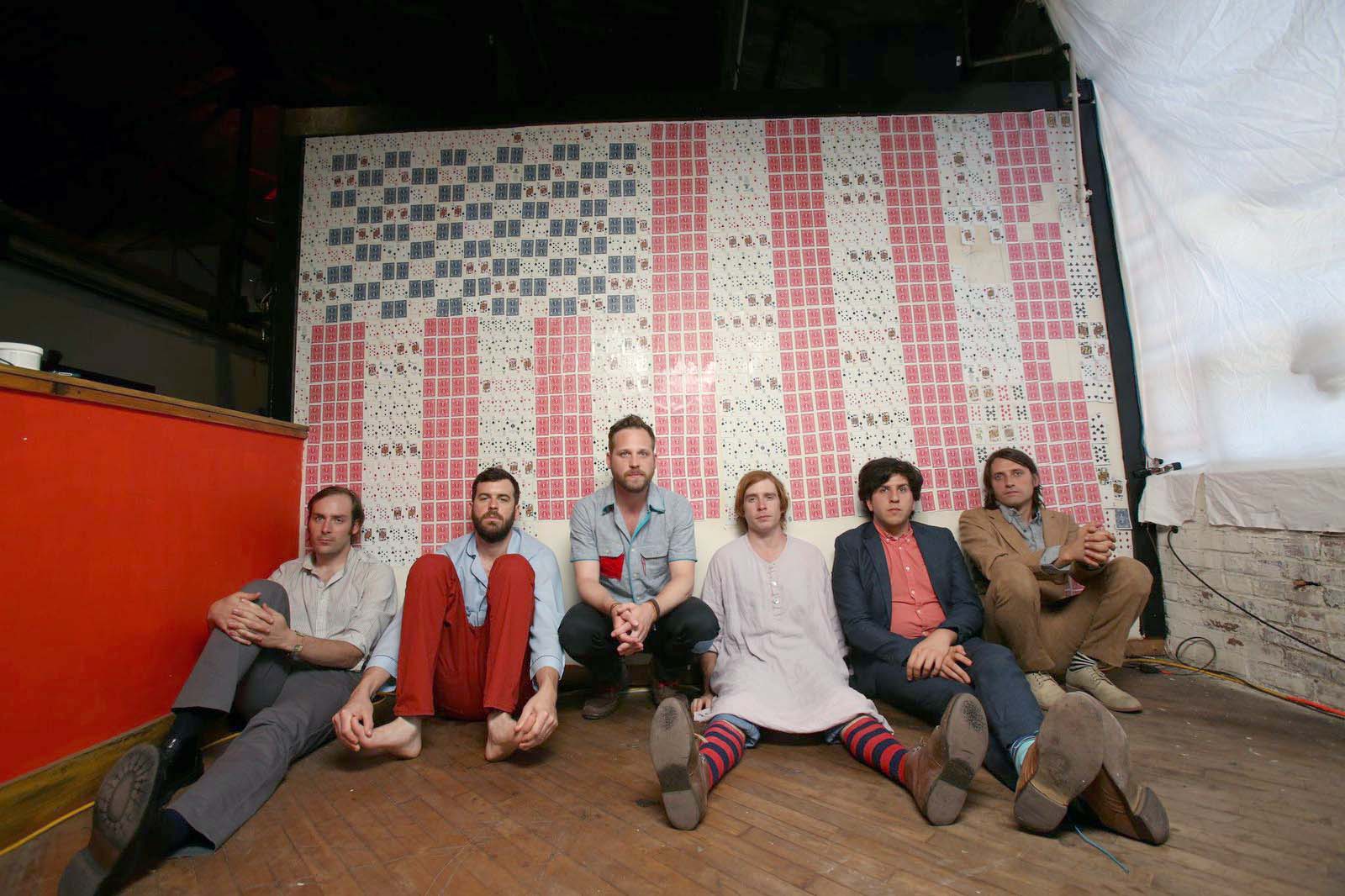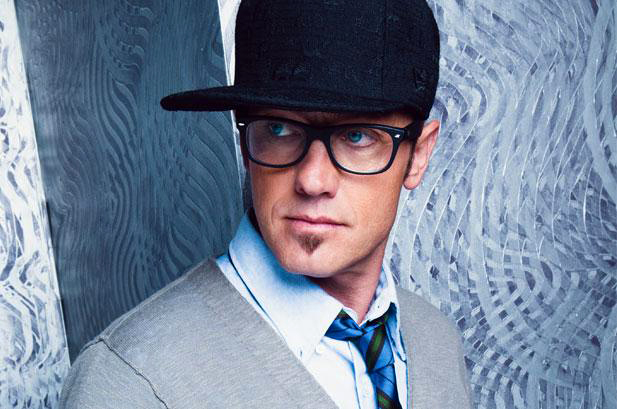It is inevitable that for some people, Joan Osborne will always be known as the singer/songwriter who asked us to consider what life would be like if God were “One of Us,” the alternative smash hit from her 1995 major-label debut Relish. But in the two decades since, Osborne has built an impressive discography and proven that a bluesy, soulful voice like hers only gets better with time, even if it no longer produces mega-hit singles.
Her eighth studio album, Love & Hate, is her most ambitious project yet as it examines the emotional landscape that fills the space between falling in and out of love, instead of zeroing in on either of those two bookends. Osborne recently spoke with Seattle Weekly about this long-in-the-works labor of love, what inspired her to take on such largely underserved subject matter, and how it never hurts to have amazing musicians and singers as friends.
SW:
What was your mindset like heading into the making of
Love & Hate
?
Osborne: When my co-producer, Jack Petruzzelli, and I started working on it about six years ago, we actually had something different in mind. As sometimes happens, you start something and then you realize in the middle of it that it wants to be something other than what you thought it was going to be. We wanted to make a lush, atmospheric record like Van Morrison’s Astral Weeks or Nick Drake’s Pink Moon. But as the songs came together, it seemed that the record wanted to be about romantic love.
The thing I have noticed with romantic songs in popular culture is you tend to get either a song about the beginnings of a relationship when you’re falling in love with somebody and singing their praises, or about the end where you’re done and you’re kicking them to the curb, or they’ve kicked you to the curb and you’re blue and miserable. There’s not that much out there about that difficult terrain in between those two points, about just being in love with someone and trying to navigate that territory. So I wanted to write songs about those different aspects of love.
We think we know what love is, but in a way it’s like a beam of white light: If you shine it through a prism, you see that it’s made up of all these different colors. Love has all these different aspects and ingredients—passion, wonder, spirituality, power struggles, jealousy, hate, anger.
How much did you draw from autobiographical experiences, and how much was just backing up the lens and examining the world around you?
It’s both. I think this is an interesting time to think about love and relationships because myself, my friends, and my family, we’re not in our 20s anymore, so if something goes wrong in a relationship, you can’t just move on or dump somebody. You’re committed to people at this point in your life. You have children, you have homes, you’ve built a life together, so there’s much more at stake and you can’t just walk away from things so easily. You have to get into the mess and the muck and work it out, and that is a very interesting terrain to explore, definitely as a person, but also as a writer.
You have a lot of great help on this record—Jack, Wilco’s Nels Cline, Spin Doctors’ Aaron Comess, Amy Helm, and others. How did this affect the creative dynamic of the album?
There are amazing players on the record who I also work with live a lot, so there’s a level of comfort there, having your friends in the studio. We all know each other’s strengths, so there was great communication. It was nice to be able to call up friends of mine who also happen to be staggeringly talented. It’s like you’re just calling friends to come over and do music with you.
music@seattleweekly.com
JOAN OSBORNE With the Holmes Brothers. Dimitriou’s Jazz Alley, 2033 Sixth Ave., 441-9729, jazzalley.com. $34.50. All ages. 7:30 p.m. Thurs., May 29–Sun., June 1; also 9:30 p.m. Fri.–Sat.









